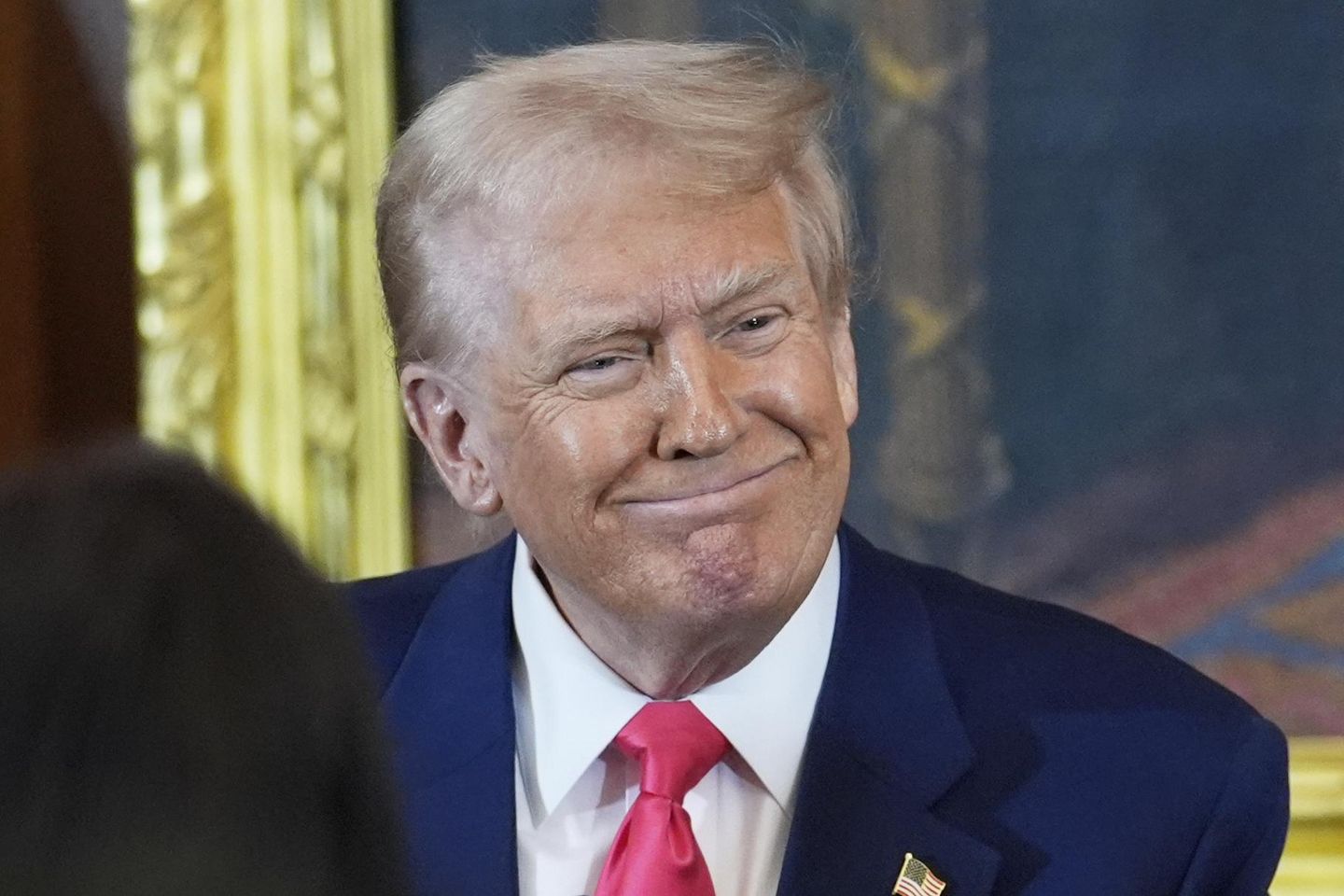In an unprecedented move that reverberates across the political landscape, President Donald Trump has taken the decisive step of revoking the security clearances for a series of top Democrats and other political opponents. This strategic maneuvering has noticeably affected key figures in the Democratic party, including former President Joe Biden, former Vice President Kamala Harris, and former Secretary of State Hillary Clinton. This controversial action, taken by the President, has thrown the spotlight back onto the contentious relationship between the Trump administration and the Democratic Party.
The security clearance, a significant privilege provided to high-ranking officials, allows them access to classified information that is deemed necessary for their roles. It is a critical tool that facilitates informed decision-making in the realms of national security, foreign policy, and other matters of state. The revocation of such clearance, therefore, can be seen as a significant blow to these individuals, potentially limiting their ability to provide counsel or engage in meaningful debate on these issues.
The first on the list of those affected is former President Joe Biden. Biden served two terms as Vice President under President Barack Obama before his own tenure in the Oval Office. Throughout his political career, Biden has been known for his foreign policy expertise, a skill honed through decades of experience in the Senate and White House. Losing his security clearance could potentially stifle his ability to offer guidance or insight based on the most current intelligence.
Next is former Vice President Kamala Harris, who served under Biden. Prior to her vice-presidential tenure, Harris had a distinguished career as a senator and Attorney General for the state of California. Her legal expertise and years of experience in law enforcement, along with her position on the Senate Intelligence Committee, made her privy to classified information critical to national security. The revocation of her security clearance could stifle her ability to contribute meaningfully to discussions on national security.
Lastly, former Secretary of State Hillary Clinton also saw her security clearance revoked. Clinton, a veteran in politics, served as First Lady, senator from New York, and later as Secretary of State in the Obama administration. Her role as Secretary of State required the handling of classified information daily, and her clearance gave her access to sensitive intelligence, enabling her to make informed decisions about foreign policy. The removal of her clearance could significantly limit her ability to provide counsel on matters of foreign policy.
Historically, former high-ranking officials have been allowed to retain their security clearances as a professional courtesy, or to provide counsel to their successors. This move by President Trump is seen as a significant departure from this norm. Critics argue that it could be interpreted as a politically motivated act aimed at silencing opposition.
From a broader perspective, this action by President Trump could be seen as an extension of the ongoing contentious relationship between the Trump administration and the Democratic Party. Throughout his tenure, Trump has been known for his unorthodox approach to politics, which often involves direct confrontations with his opponents. The revocation of these clearances could be seen as the latest chapter in this saga, providing a clear indication of the deep divide in American politics.
In conclusion, President Trump’s decision to revoke the security clearances of former President Joe Biden, former Vice President Kamala Harris, and former Secretary of State Hillary Clinton has sent shockwaves through the political landscape. This decision, seen by many as a departure from the norm, could potentially have significant impacts on these individuals’ abilities to contribute to debates on national security and foreign policy. As this situation continues to unfold, it will undoubtedly play a significant role in shaping the political discourse in the United States.









